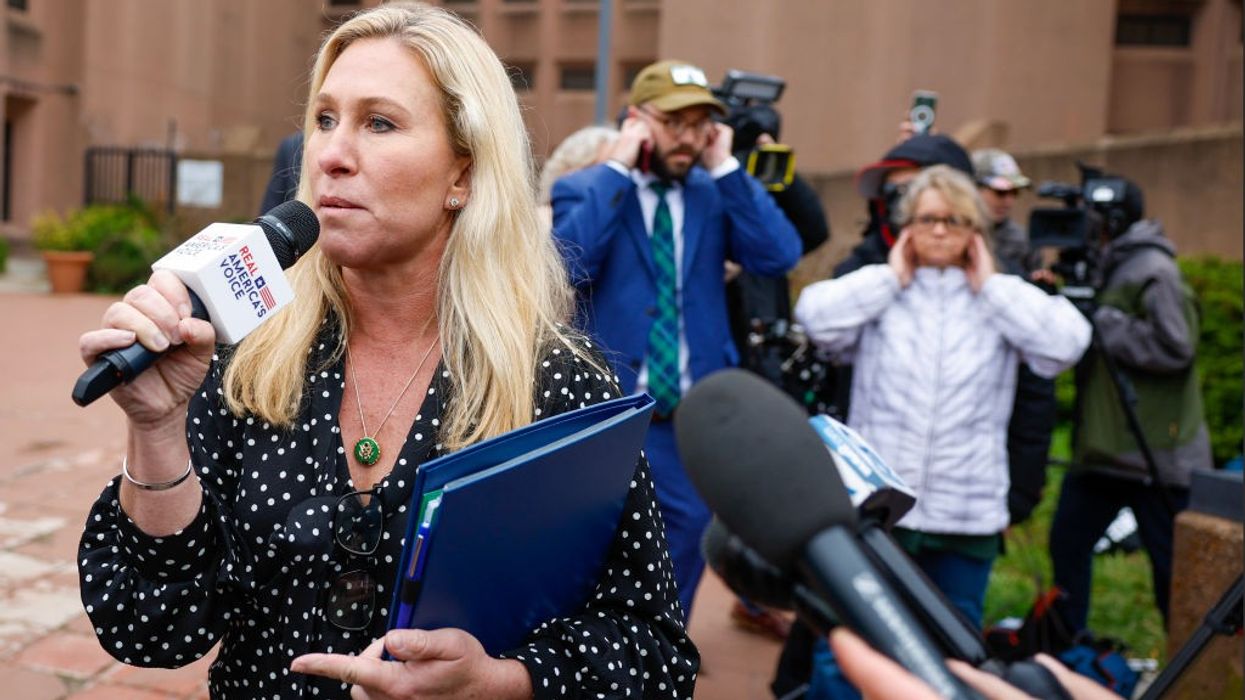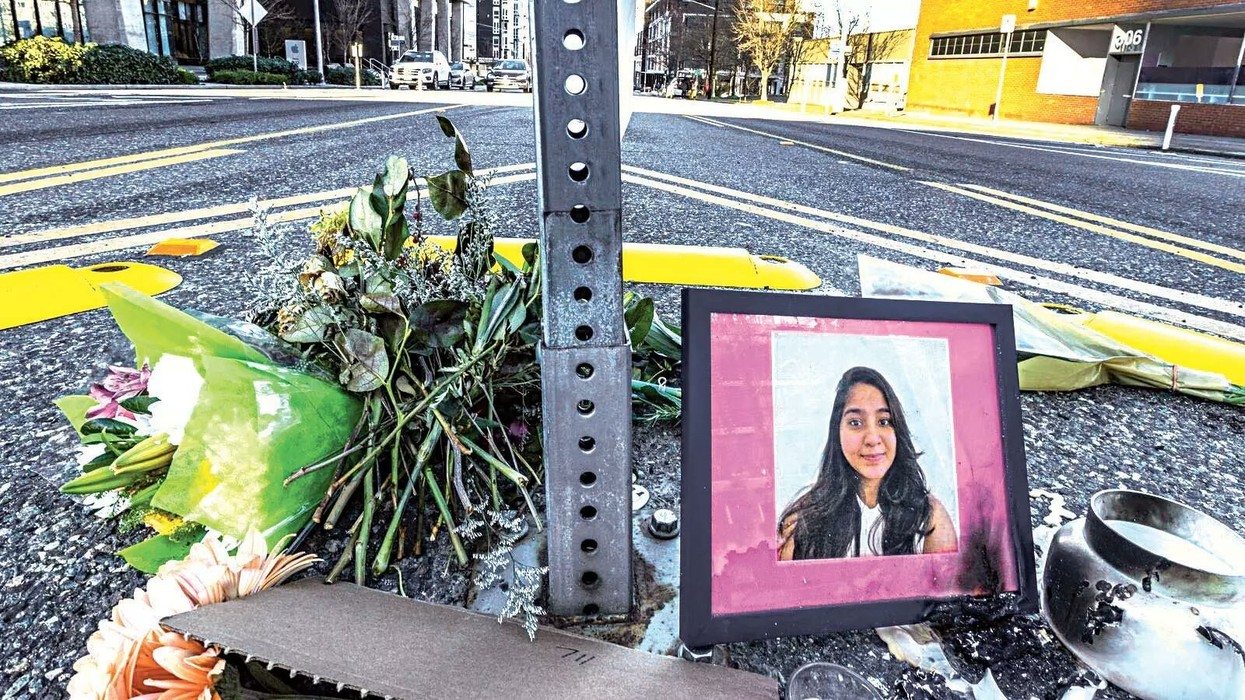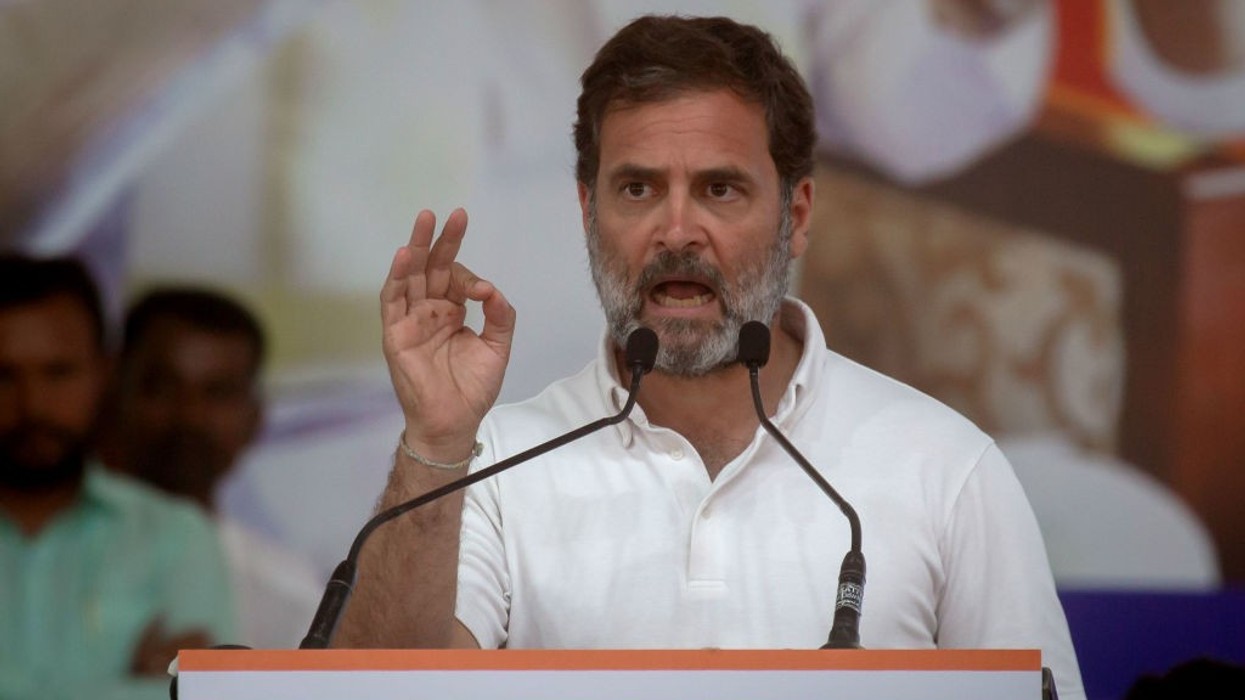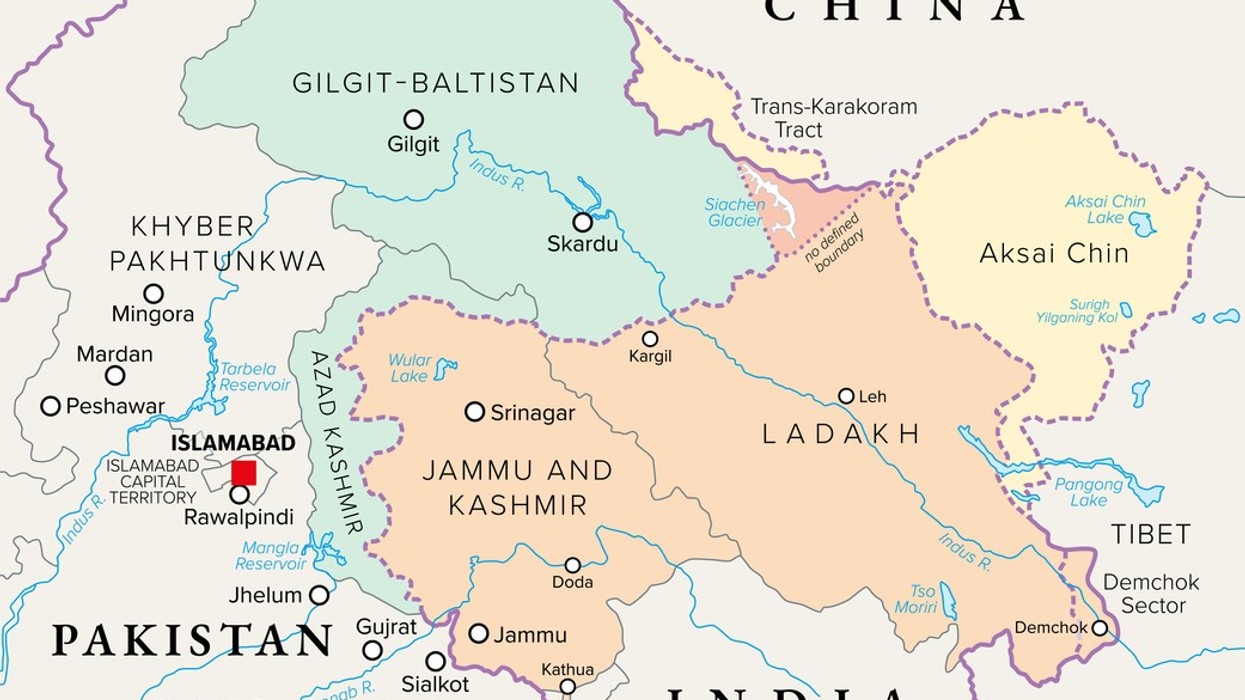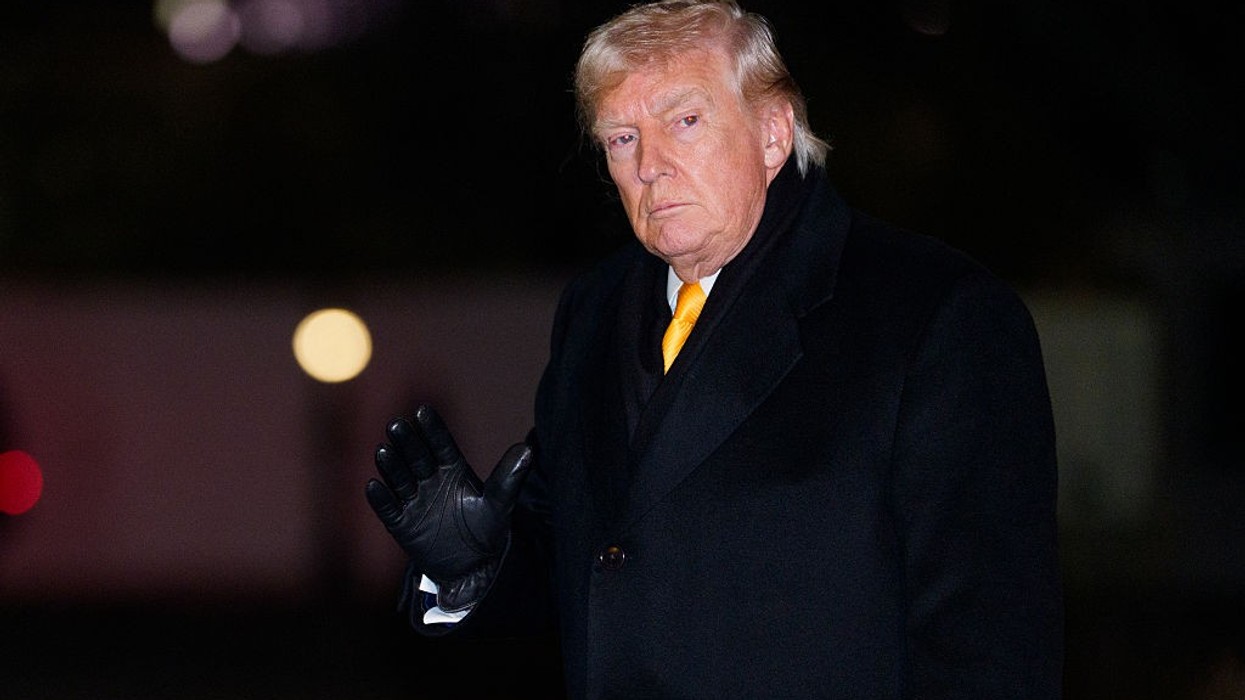Highlights:
- Congresswoman Marjorie Taylor Greene plans a bill to end the H-1B visa program fully.
- The proposal removes the pathway to citizenship and requires visa holders to return home.
- A limited 10,000-visa medical exemption would phase out over 10 years.
- The bill blocks Medicare-funded residencies from admitting non-citizen medical trainees.
- The move follows Trump’s recent $100,000 fee requirement for new H-1B petitions.
A major political fight is brewing in Washington after Congresswoman Marjorie Taylor Greene announced she will introduce a bill to eliminate the H-1B visa program. Her proposal comes at a time when the Trump administration has already launched an aggressive crackdown on what it says is long-standing abuse of the visa category, which many American technology companies depend on to fill highly specialized jobs.
In a video posted on X, Greene said that the H-1B system has been “riddled with fraud and abuse” and has displaced American workers for years. She argued that ending the program is necessary to protect American jobs and restore what she believes was the visa’s original purpose—temporary, specialty-based work rather than long-term U.S. residency.
Greene’s bill would completely shut down the H-1B program, along with the pathway to citizenship that it currently offers. Under her proposal, all foreign workers would be required to return to their home countries once their visas expire, with no option of transitioning to permanent residency.
The bill includes just one exception: a cap of 10,000 visas per year for medical professionals such as doctors and nurses. Even that exemption would be phased out over the next decade, giving the United States time, Greene said, to “build our own pipeline” of American physicians.
To support this goal, the bill would prohibit Medicare-funded residency programs from admitting non-citizen medical students. Greene pointed out that last year, more than 9,000 US medical graduates were left without residency placements, while over 5,000 foreign-born doctors secured spots. She called this imbalance “entirely unfair” and said American students should come first.
If passed, the legislation would dramatically reshape the US workforce. Currently, the H-1B program issues 65,000 regular visas each year, plus an additional 20,000 for workers with advanced degrees from American universities. Many American companies, especially in technology, rely heavily on foreign engineers, programmers, and other specialized professionals who enter the country through H-1B sponsorship.
Indian workers—especially in the tech and medical fields, make up one of the largest groups of H-1B recipients. For many of them, the visa is the first step toward receiving a Green Card and eventually US citizenship. Greene’s bill would remove that pathway entirely.
The Trump administration has already taken steps to tighten restrictions. In September, President Trump issued a proclamation titled Restriction on Entry of Certain Nonimmigrant Workers, which required certain H-1B petitions filed after September 21, 2025, to include an additional $100,000 payment.
Greene said her upcoming bill is the next phase of an “America First” approach to the US workforce. She argued that relying on foreign talent has “gone on for far too long” and that American workers deserve priority in both jobs and medical training programs.
